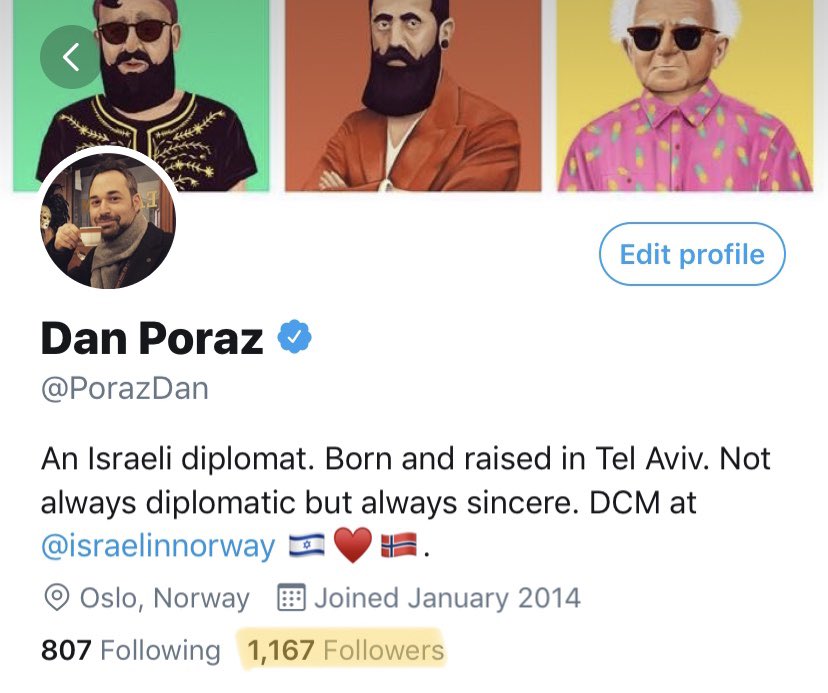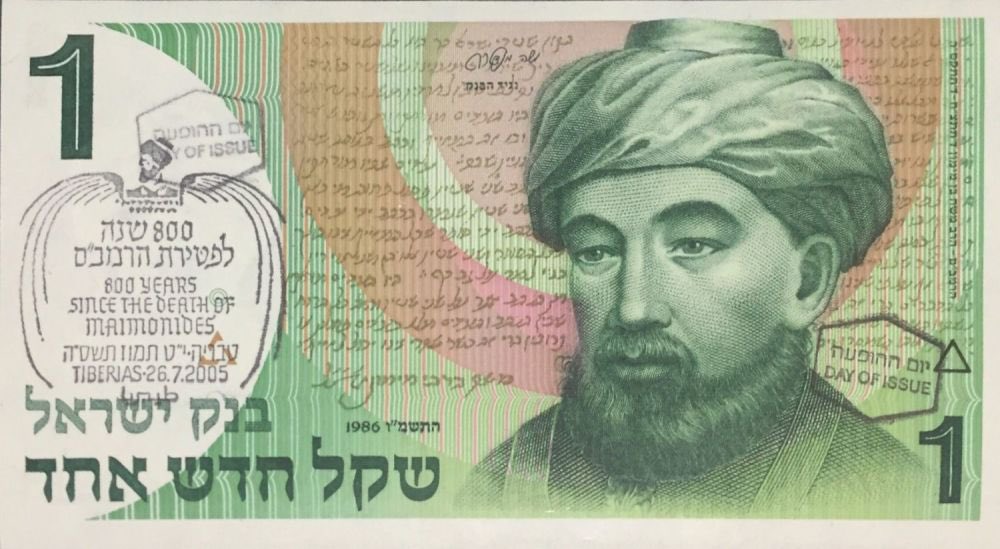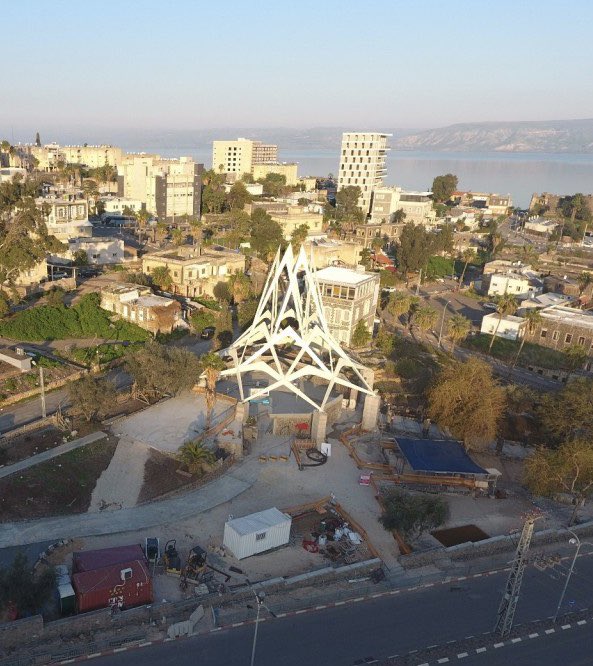A thread
1/
2/
3/
4/
5/
Q2: Does socioeconomic marginalization contribute to direct involvement in terrorism / violent extremism?
6/
7/
8/
See, for instance:
scholar.princeton.edu/sites/default/…
9/
10/
11/
12/
13/
14/
15/
16/
E.g. tandfonline.com/doi/abs/10.108…
17/
18/
19/ End
20/





